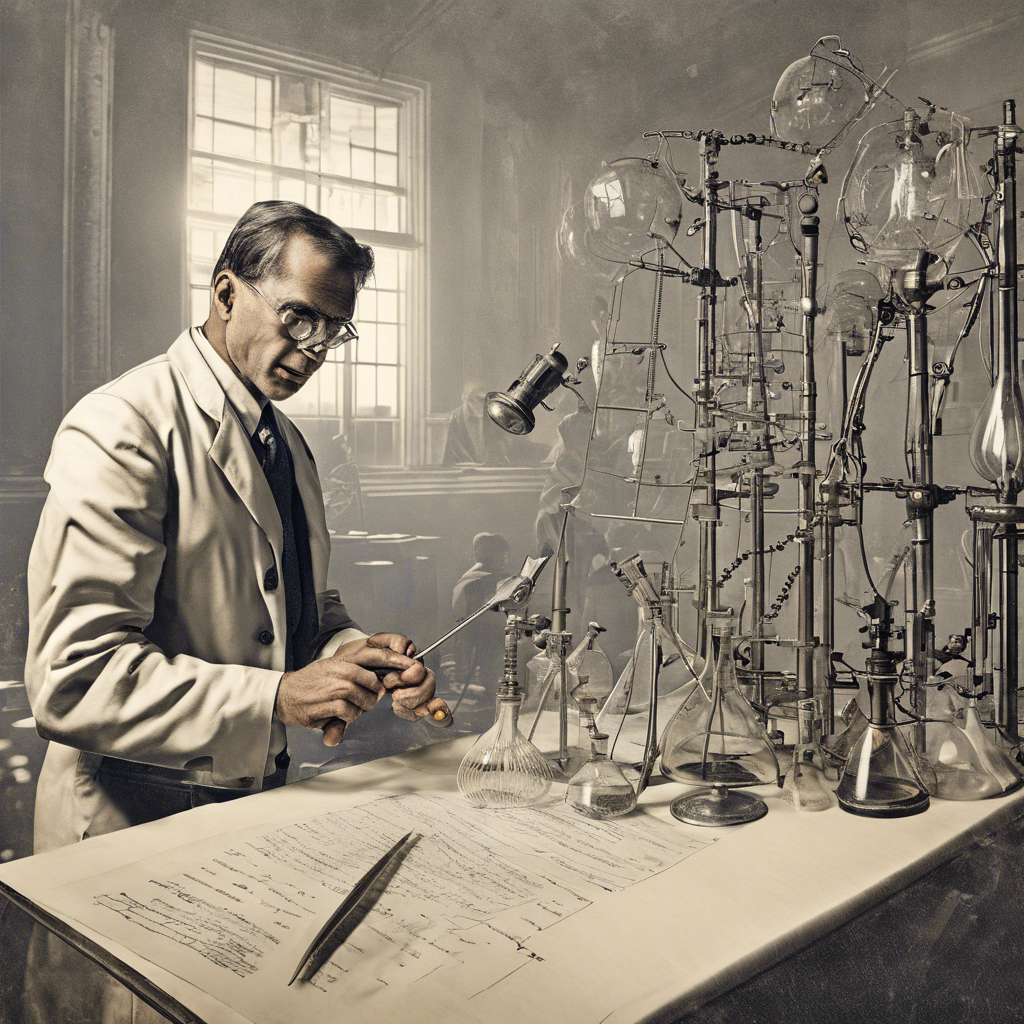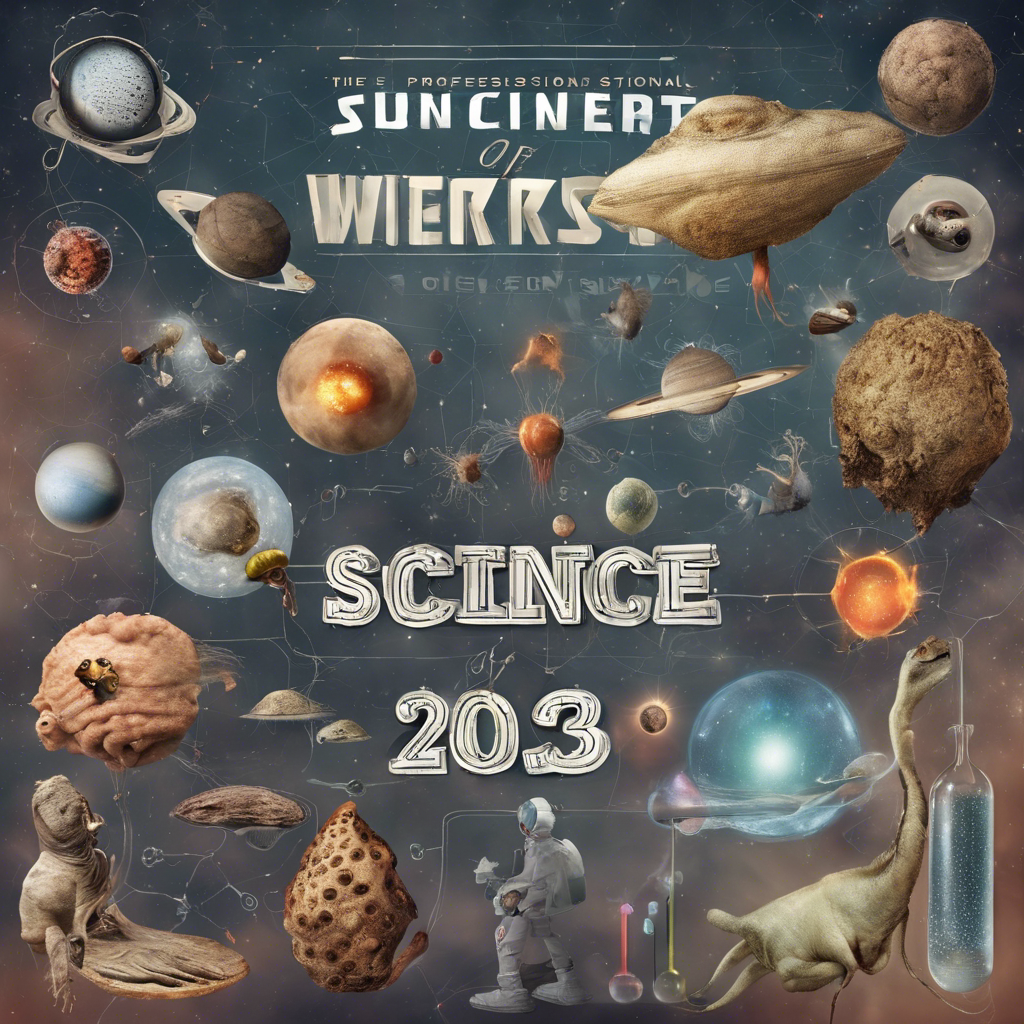The Human Right to Science: Uncovering the Potential of a Forgotten Right

Exploring the significance and implications of the human right to science
Dec. 10 marks the anniversary of the signing of the Universal Declaration of Human Rights in 1948, a pivotal moment in human history that sought to establish a set of principles for peaceful coexistence. While the declaration is widely known, one of its lesser-known rights is the human right to science, nestled within Article 27. This right, often overlooked and misunderstood, holds immense potential to reshape the relationship between science, society, and the state. In this article, we delve into the history, significance, and implications of the human right to science, shedding light on its multifaceted nature and its role in governing scientific progress.
Short history of the human right to science:
The human right to science was first recognized in Article 27 of the Universal Declaration of Human Rights, which emphasized the importance of freely participating in the cultural life of the community and sharing in scientific advancement and its benefits. This right was further reaffirmed in the International Covenant on Economic, Social and Cultural Rights in 1966 and by the United Nations Committee on Economic, Social and Cultural Rights in 2020. The inclusion of science among cultural rights pays tribute to its role as an expression of human creativity and ingenuity in understanding the world.
Science as a cultural right:
By categorizing science as a cultural right, the Universal Declaration of Human Rights acknowledges its significance as a form of human expression. Science, as a meaning-making activity, allows us to explore and understand the complexities of the human condition. The recognition of scientific freedom as an element of the human right to science highlights the importance of protecting and unleashing scientific creativity for the benefit of humanity.
Science’s unique contribution:
The Universal Declaration of Human Rights intentionally distinguishes “scientific advancement and its benefits” from other forms of cultural expression. Science offers a unique and reliable way to understand the universe and the world around us, providing a rational basis for collective action and policy-making. Unlike other knowledge systems, science offers universal insights that can be used to address global challenges and produce tangible benefits for humanity.
Cultivating science for the benefit of humankind:
The human right to science presents an opportunity to improve the practice and teaching of science while building trust between scientists and the public. By reaffirming the value of science and demanding that it serves humankind, policymakers and the scientific community can harness the potential of this right. It is the collective responsibility of society to support and utilize the human right to science to build a better, more peaceful world.
Conclusion:
The human right to science, though often overlooked, holds immense potential to shape the future of scientific progress. By recognizing science as a cultural right and protecting scientific freedom, we can unleash the creative power of science for the benefit of humanity. As we commemorate the anniversary of the Universal Declaration of Human Rights, let us remember the importance of the human right to science and strive to make good use of this gift in our pursuit of knowledge and understanding.





